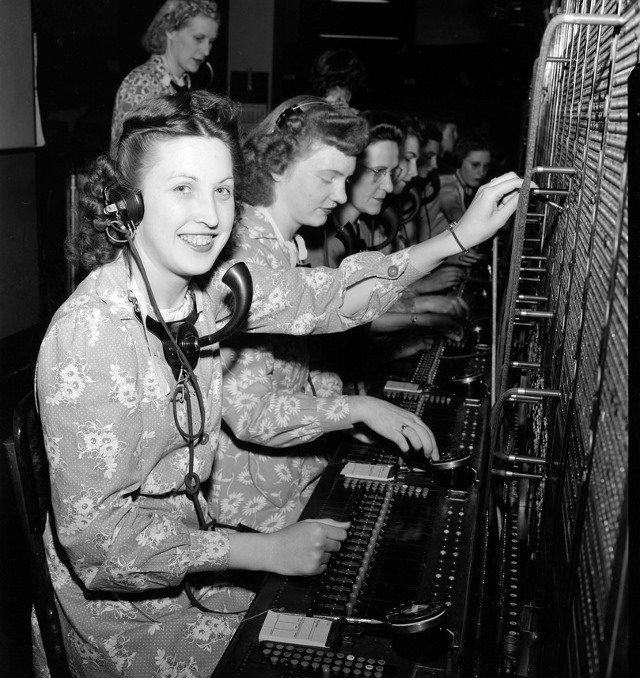Got Choices?

Telephone Deregulation
Another interesting revolution occurred particularly in the United States, but its effect quickly spread to the whole world. It started with a revolution in a previously government-sponsored monopoly we called the “telephone company.” It has often been thought that, there are certain sectors of the economy that are just too critical to leave to private enterprise. These, it is argued, must be regulated or even operated by government. It was determined early on that government would regulate the deployment of the telephone system.
After all, there was only room for one system. It didn’t seem to make sense to run two or more sets of telephone wires around everywhere. And if we just let one company or another have free reign, they would have a monopoly. Well, one company did develop into a monopoly: American Telephone & Telegraph (AT&T and its subsidiaries–the Bell companies). But we all accepted it because we knew the government was regulating the process so somehow, things must be fine.
In those days, it was illegal to connect a telephone to the wires coming into your house unless it was an approved telephone purchased from Bell. Those telephones were very expensive and quite archaic from a technological standpoint. With the advent of the FAX machine and other technological advances, pressure began to mount to allow other companies besides AT&T to manufacture and sell equipment that could be connected to the phone lines.
Finally in the 1980’s, pressure was greater than the regulators could bear and the bill to break up the Bell companies passed the national legislature. Up until then, the infrastructure, as well as the business operations who used it, were considered to be a private company operating a public interest and therefore subject to public regulation. In other words, it was a government sponsored monopoly. After that time, it was recognized, the telephone network itself, or the wires connecting everyone together, would still fall into that category of public interest. But the management of the infrastructure would be broken up into a number of much smaller government sponsored monopolies. More significantly, the operation of telephone service companies and the manufacture of telephone equipment was released back into the free market. Anyone could now create a phone network either atop the Bell wire system, or independently with their own infrastructure. And anyone could now manufacture equipment to interface to the phone lines.
The result was a peaceful but explosive revolution. Power was quickly devolved away from AT&T and the federal regulators. Myriad smaller operators and manufacturers quickly sprang up, creating endless new options for consumers.
Prior to deregulation, telecommunication was expensive and rare. Talking on the phone with a relative in another state might cost you a significant amount of money. Buying a new phone was a significant investment–enough that it was uncommon to have more than one or two such phones in a single household.
Today it is virtually free to talk to people anywhere in the country. International calling is reasonably priced, or in some cases even free. And some telephone companies will give you a phone for free just to entice you to sign up for their service.
Today, the original Bell wired network still exists. But it is overlaid by one or more cable systems, multiple fiber-optic systems, as well as multiple cellular and fixed-point wireless systems. Competition has truly improved service and pricing for consumers beyond anyone’s imagination. Quality of life and freedom of choice have been greatly enhanced. The only possible loser in the deal is the original monopoly itself, although ironically, even AT&T has prospered and grown in the new competitive environment.
